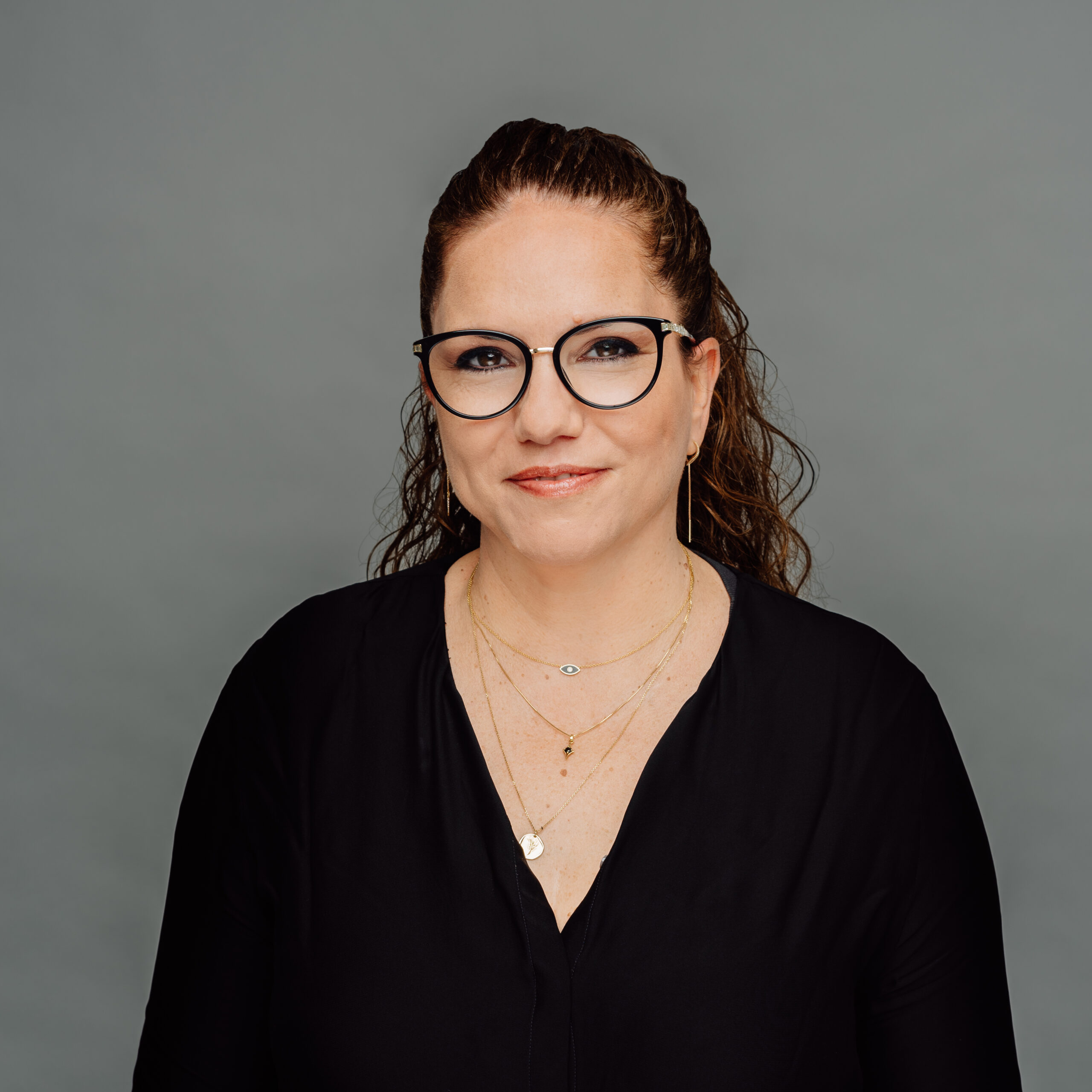Two of the founders, us, are Israeli, and the third is an American who I work with at Cisco. We founded CloudOn as a two-headed company – in Israel and in Palo-Alto. One of the earliest challenges we faced was the Israeli-American unionization and finance issues. We initially established an American company – Apptou Inc., and later opened Apptou Software Technologies, owned by it. This was the recommended structure at the time.
In the first few months we self-financed, the US partner and I had just left Cisco, we had a first run with friends and family, and with that we designed and built the first product. At a later stage, our funding efforts were concentrated in the USA and we made another round, this time of Seed+ from a foundation capital.
This capital had already brought us to a product stage, though this product was still in our first direction – Legacy application streaming technology. We even had one or two clients working with it, but afterwards we decided that we should more on mobile, instead of a general product that turns Legacy apps into SaaS. Turning to mobile directed us towards Productivity.
Its first iteration, in 2012, was launching a mobile app that made it possible to work with Microsoft Office documents on an iPad, through streaming technology. We had to take it off the store on day one because there weren’t enough servers. Of all the free apps in the American App Store, we were first place. Many users joined and we reached great numbers. Over the course of three years we reached 10 Million users.
In mid-2013 we came to a decision that we would like to build a Next Generation, using completely different architecture. A product that combines the best of all worlds – improving mobile UX, and works well with Office files.
We then joined the Open Office group, taking that technology mobile, working for over a year on an editor app for iOS, based on Libra Office with an adapted mobile architecture. On top of that, we developed a gesture-based UI, combining the ability to open and edit Office files with a good mobile user experience. We launched it at the second half of 2014 and soon reached the top of the App Store again, because it was a great app.
The market was facing significant changes at the time. Microsoft had a new CEO and they started to become one of the key players in mobile, releasing products and free apps, then Google made a few major changes. We realized that even though we have the best product, we would still have trouble competing with those giants, especially when it’s the main business for one of them.
In 2014 we started to look for a strategic collaboration. When we launched the service, the files were saved on web-based storage providers, and Dropbox were the first providers we worked with. Over the first few months we brought them a million new customers who wanted to save their documents, so they signed up to Dropbox. This collaboration grew into joint campaigns and at the second half of 2014 it was the perfect time to advance our relationship to the next level. On our side it was the realization that that the market is highly competitive, so we would need a large partner; for Dropbox, the relevance was our knowledge in this field, the technology we’d developed.



